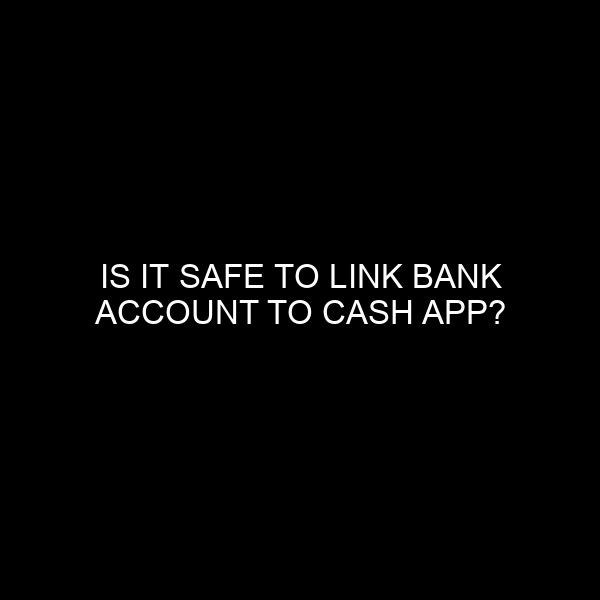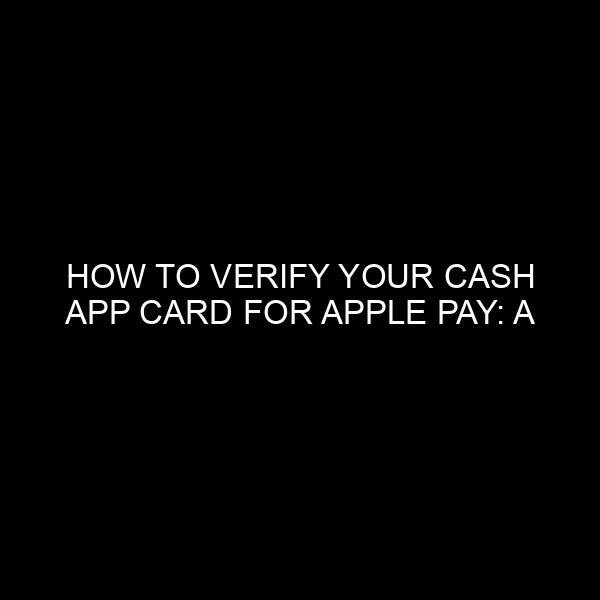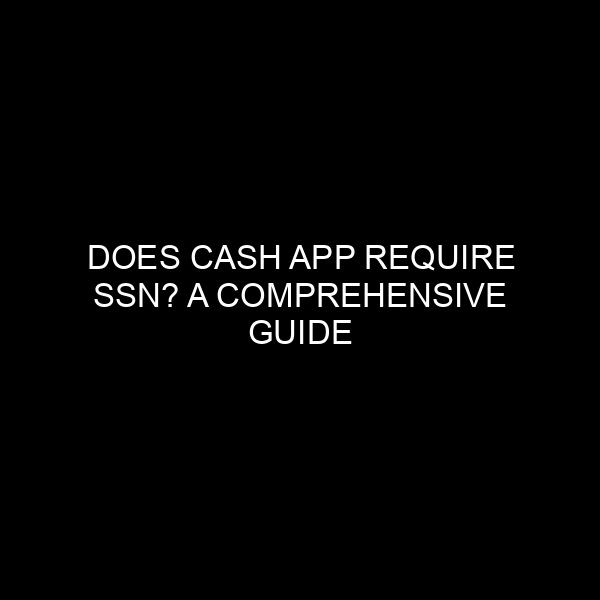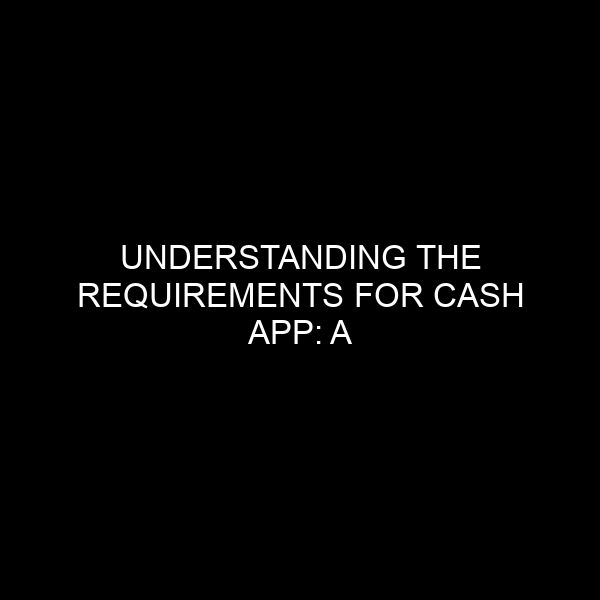Is it Safe to Link Bank Account to Cash App?
In today’s digital age, the transition from traditional banking to digital payment apps is inevitable. Platforms like Cash App have burgeoned in popularity due to their ease of use and efficient financial transaction methods. However, the million-dollar question remains: Is it safe to link your bank account to Cash App?
As someone with a robust background in the financial market and banking industry, I’ve closely observed and studied the developments, risks, and securities associated with online financial platforms. In this comprehensive article, I’ll walk you through the safety concerns and practices associated with linking your bank account to Cash App.
Understanding Cash App’s Security Protocols
Cash App, developed by Square Inc., boasts an array of security measures designed to protect user information and funds. A few of these safeguards include:
- Encryption: Cash App uses strong end-to-end encryption to protect data transmissions. This ensures that your personal and financial details are unreadable even if intercepted by malicious parties.
- Account Protection: Cash App offers features like the Security Lock, which requires a passcode for all payments. Two-factor authentication (2FA) can also be enabled for an added layer of protection.
- Fraud Detection: Cash App has a dedicated team and technology that monitors transactions for suspicious activity. In case of any anomalies, the system might flag or even halt a transaction to prevent potential fraud.
Risks Associated With Linking Bank Accounts
Despite the stringent measures in place, no platform can claim 100% security. Here are potential risks when linking a bank account to any online platform, including Cash App:
- Phishing Attacks: Scammers may impersonate Cash App (or any other app) and trick users into revealing their login credentials.
- Man-in-the-middle Attacks: These occur when cybercriminals intercept communications between two parties without them knowing. Even though Cash App uses strong encryption, it’s not entirely immune to these sophisticated attacks.
- User Error: Accidentally sending money to the wrong person or falling prey to scams where one is tricked into transferring money is a real concern.
Best Practices to Ensure Safety
For the safety-conscious user, certain practices can be employed to minimize risks:
- Regularly Update the App: Always keep your Cash App updated to the latest version. Developers frequently release patches to address security vulnerabilities.
- Enable 2FA: Always enable two-factor authentication. This provides an additional security layer by sending a one-time password to your phone during login or transactions.
- Beware of Phishing Attempts: Never share your Cash App PIN or sign-in code with anyone. Square Inc. will never ask for this information.
- Check Transaction Details: Always double-check the recipient details before confirming any transaction. Once the money is sent, it’s tough to get it back.
Bank’s Perspective on Cash App Linkage
Most modern banks are aware of the increasing usage of digital payment platforms like Cash App. To cater to their customer’s needs while ensuring safety:
- Bank Monitoring: Banks continually monitor transactions for unusual activity. If they detect any irregularities, they might flag or block the transaction.
- Liability Policies: Many banks have policies in place to protect users from unauthorized transactions. It’s essential to be aware of your bank’s policy regarding this.
- Timely Communication: Should there be any security concern, always communicate with your bank promptly. They can guide on steps to mitigate risks or potential losses.
Conclusion
Linking your bank account to Cash App, like any other online transactional activity, comes with its inherent risks. However, when armed with knowledge and by following the best safety practices, these risks can be significantly minimized. Cash App and most modern banks employ top-tier security measures to ensure the safety of their user’s funds and data. While the digital landscape is continually evolving, staying updated and vigilant can provide a safe online banking experience.






